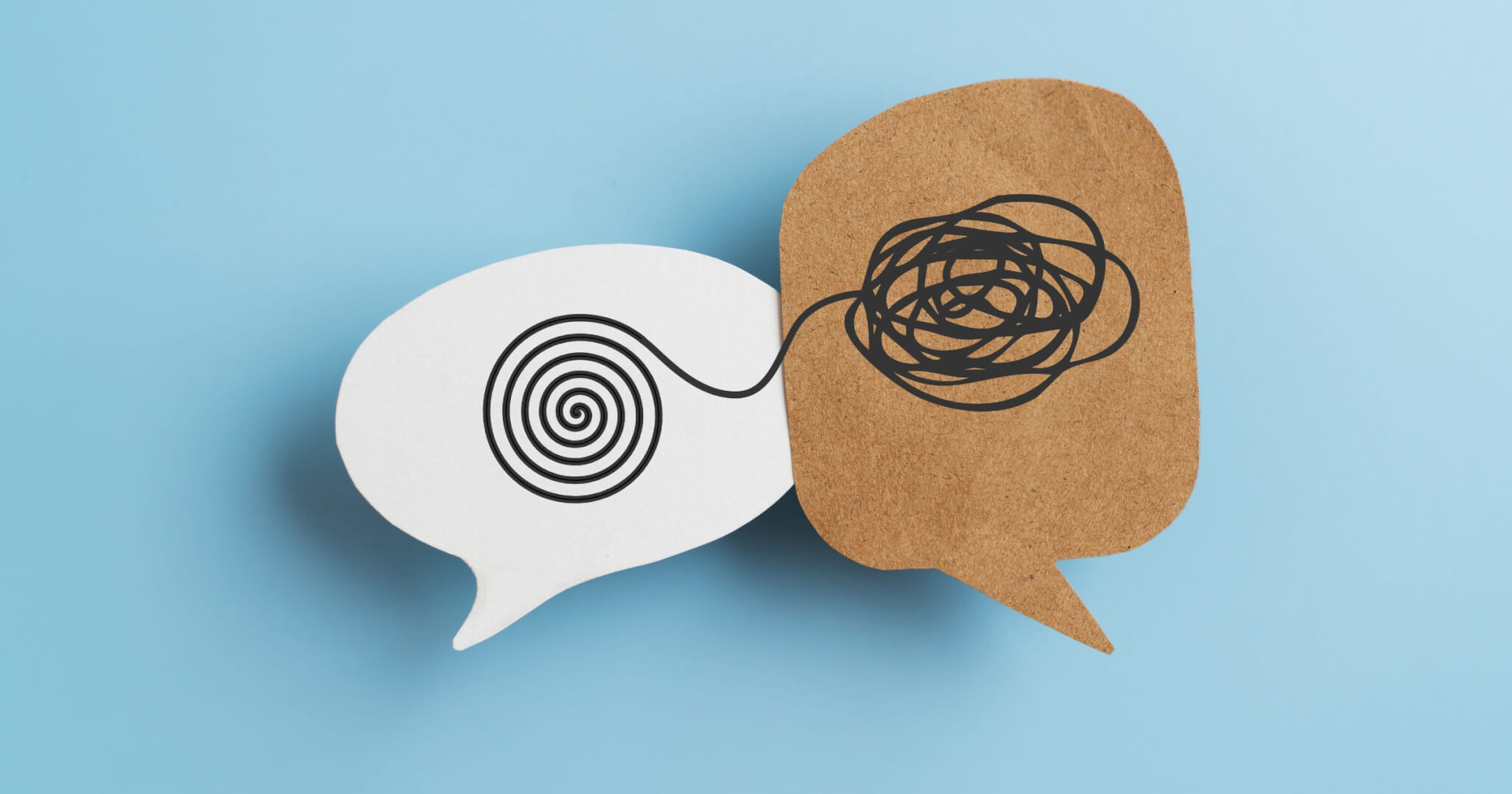Long hours, high-pressure deadlines, and a culture that rewards toughness can make it easy to overlook what’s going on beneath the surface. For many tradespeople, mental health symptoms get brushed off as stress, fatigue, or just part of the grind. But ignoring the signals can have real consequences for your health, your safety, and your crew.
Quick look:
- Early signs of mental strain, such as irritability, sleep issues, or physical pain, are often mistaken for normal job stress in the trades.
- Emotional detachment, increased drinking, and social withdrawal can signal deeper mental health concerns.
- Recognizing these red flags early helps protect personal well-being, job performance, and crew safety.
- Simple check-ins, like journaling or talking to someone, can prevent mental health struggles from escalating.
The 7 mental health symptoms that indicate that someone may need treatment
Some of the most common red flags get brushed off as “part of the job.” But many of these signs, like irritability, fatigue, or trouble concentrating, are also among the most widely recognized mental health symptoms of anxiety, depression, and burnout. Here’s what to look out for.
1. Constant irritability or short fuse
If you find yourself losing your temper over small stuff like a slow coffee line or a misplaced tool, it might be more than just a bad morning. Constant irritability is often an early sign of chronic stress, anxiety, or burnout. In the trades, it’s easy to chalk it up to exhaustion or long hours on-site, but if your fuse is getting shorter by the day, it’s worth paying attention to what’s behind it.
2. Trouble sleeping or feeling exhausted even after rest
Waking up tired even after a full night’s sleep? Struggling to fall asleep, stay asleep, or shut your mind off after work? That kind of exhaustion isn’t always about the job; it can be a sign that your mind is overloaded. In the trades, it’s easy to blame it on rotating shifts or physically demanding work, but when rest doesn’t feel restful anymore, it could be your mental health asking for a break.
3. Physical aches that won’t go away
Sore back? Tight shoulders? Headaches that keep coming back? It’s easy to blame these on heavy lifting or long days on your feet, but sometimes, your body reacts to stress, not strain. Emotional pressure can appear as physical pain, especially when it builds over time. In the trades, these aches often get brushed off as just part of the job, but if they’re sticking around without a clear cause, it might be time to check in with what else is happening.
4. Feeling numb, detached, or “on autopilot”

Photo courtesy of Shutterstock.com
Some days, you’re just in the zone, but if every day feels like you’re coasting through on autopilot, barely noticing what’s happening around you, that’s a mental health symptom you shouldn’t ignore. Feeling emotionally flat, disconnected, or like you’re just ticking boxes can be a sign of burnout or depression. In the trades, where the focus is often on getting the job done, it’s easy to miss the shift from “just tired” to genuinely struggling. When nothing hits, good or bad, it’s worth checking in with yourself.
5. Drinking more than usual to relax
Grabbing a beer after a long day is common; it’s a way to decompress, connect with the crew, or signal that the workday’s finally over. But when “just one drink” turns into a nightly habit, or the only way to feel calm is to pour a drink, it might be time to take a closer look. Using alcohol as a primary way to manage stress, sleep, or emotional discomfort is a sign that something deeper might be going on.
In high-stress environments like construction mental health symptoms are easy to mask with anxiety or burnout behind a drink. But alcohol can worsen sleep, heighten anxiety, and leave you feeling more drained the next day, physically and mentally. If drinking feels less like a choice and more like a need, it’s a signal worth listening to.
6. Withdrawing from coworkers, family, or social life
It’s one thing to need a quiet night after a tough shift, but if you’re regularly turning down invites, avoiding calls, or finding it more challenging to connect with people you care about, it might be more than just needing downtime. Pulling away from others, especially when it used to feel easy to show up, can be a sign of depression or anxiety creeping in. If you catch yourself ghosting group chats, skipping family dinners, or feeling disconnected even when you’re around people, that’s your mental health waving a flag.
7. Trouble concentrating or making decisions
Can’t stay focused? Making simple decisions feel harder than they should? That fuzzy, scattered feeling might not be about being distracted; it could be a sign your brain is overloaded. Stress, anxiety, and depression can all mess with your ability to think clearly or stay on task.
This kind of mental fog can be dangerous when precision and split-second decisions matter. It’s easy to chalk it up to a busy week or lack of sleep, but if it keeps happening, it’s time to take a closer look if these are actually early mental health symptoms. Your mind might be telling you it needs a break.
How to check in with yourself and take action
You don’t need to wait for things to fall apart before checking in on your mental health. Small steps can make a big difference, especially when taken early. Here are a few simple ways to stay in tune with how you’re doing:
- Keep a journal or jot down mood or behavior changes, even small ones. Noticing patterns can help you catch things early.
- Ask yourself how often you feel “off” or not like yourself. If that feeling’s sticking around, don’t ignore it.
- Talk to one trusted person about what you’ve been noticing. You don’t have to fix everything; just start by opening up.
- Don’t downplay symptoms; it’s valid if it’s affecting your day. There’s no such thing as “not serious enough” when it comes to your mental health.
- Reach out to a helpline or talk to a mental health professional. Confidential support is available whether you’re in Canada or the U.S.
- Try apps or tools from this list: Top mental health and wellness apps. There’s something for every schedule and comfort level.
When to get help and where to find it

Photo courtesy of Shutterstock.com
Don’t wait until you’re at a breaking point. If any of these symptoms have lasted over a few weeks or are interfering with your job or relationships, it’s time to talk to someone. If you’re still not sure, we’ve got more resources to help you improve your mental health:
- 10 signs you might need a mental health day
- Beating burnout in high-stress construction jobs
- Inside the construction industry’s battle with mental health
Bottom line
Mental health struggles don’t often look like what you’d expect. It’s easy to overlook the signs or push through without stopping to check-in. But just because something’s common doesn’t mean it’s harmless.
Noticing when something feels off and doing something about it can protect more than just your mental health. It can keep you safer on the job, more connected at home, and more in control of your life.
For more articles like this, plus tools and resources to support your well-being on and off the job, subscribe to our newsletter and stay connected.


